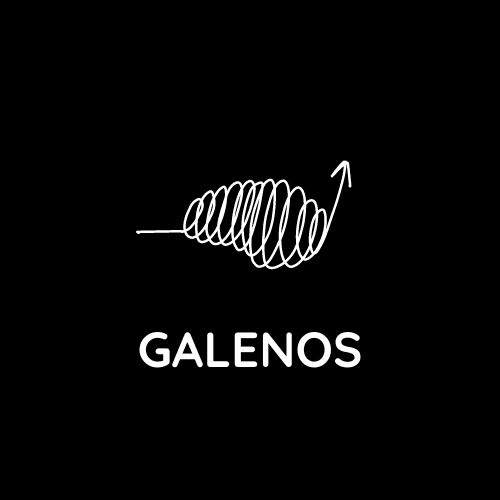Psychotic disorders affect around 1% of the population, and rank among the top 20 causes of disability worldwide.
There is an urgent need to develop more effective treatments for psychosis beyond the current antipsychotics, which all generally act by blocking the dopamine 2 receptors. Antipsychotic drugs are the cornerstone of treatment and can reduce the symptoms of psychosis such as hallucinations and delusions, as well as prevent relapses. However, they are not effective for everyone and have limited efficacy in addressing certain symptoms, such as lack of motivation or cognitive impairment. These medications are also associated with multiple side effects including weight gain and movement disorders.
A potentially emerging treatment is trace amine-associated receptor 1 (TAAR1) agonism, in other words the activation of a specific receptor in the brain through the use of a chemical substance. This approach may offer efficacy without the adverse events associated with current dopaminergic antipsychotics, but the current evidence is still emerging and unclear.
GALENOS has published a living systematic review into TAAR1 enabling the synthesis and triangulation of available evidence to ensure that the most important questions are answered and that all information about this new treatment is readily accessible.
You can read the Living Systematic Review here: Trace amine-associated receptor 1 (TAAR1) agonists for psychosis: protocol for a living systematic review and meta-analysis of human and non-human studies.
